The labour market, gender employment gap, childcare and early school leavers in Malta were all on the agenda at a business breakfast organised by The Malta Business Weekly in conjunction with the European Commission in Malta on Wednesday.
These are the main points that, according to the EU's Social Scoreboard, Malta is lacking most in, and following an open discussion between a panel of experts and employment stakeholders it was concluded that whilst work had already started on addressing these matters in the long term, more measures were needed to keep building upon these foundations.
Stefan Olsson from The Malta Independent on Vimeo.
The business breakfast focused initially on the European Pillars of Social Rights, asking what implications this will have on Malta.
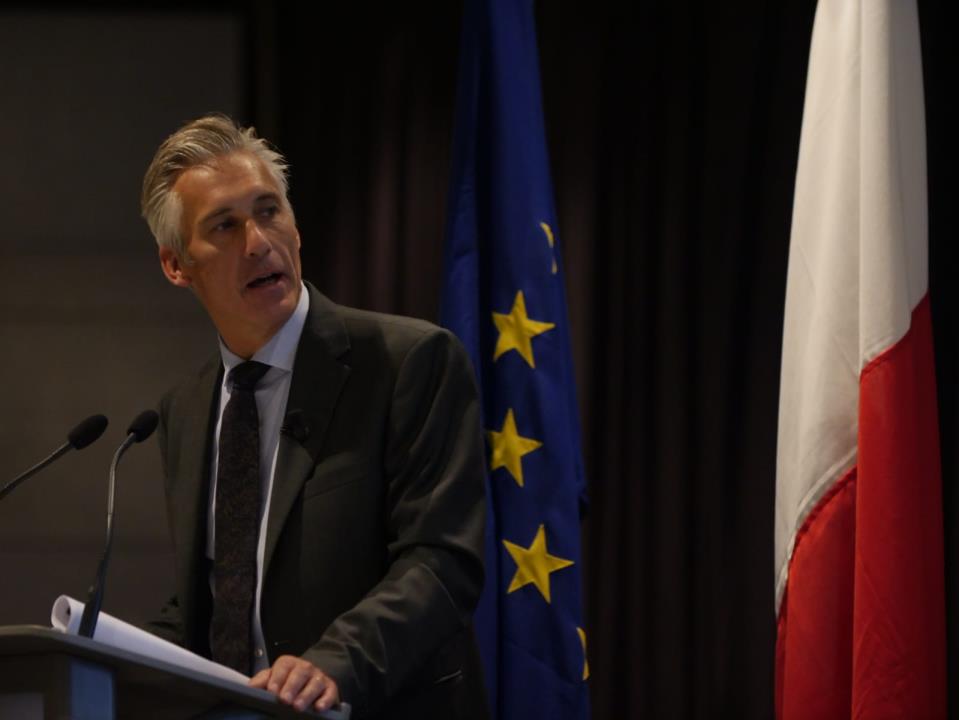
The business breakfast contained an address by Stefan Olsson, Director for Employment at DG Employment, Social Affairs and Inclusion, and was followed by an open discussion, with Olsson joined on a panel by of Malta’s permanent representatives to the European Union within the social policy and employment attaché, Antonella Gatt, and Josann Cutajar, who is a senior lecturer within the Faculty of Social Wellbeing at the University of Malta, focusing especially on the subject of gender studies. The panel was moderated by The Malta Independent Editor-in-Chief Rachel Attard.

Various stakeholders present at the business breakfast acknowledged Malta’s positive work done in this sector so far, but each raised points of concern which Malta needed to work on in the future to further improve the workplace.
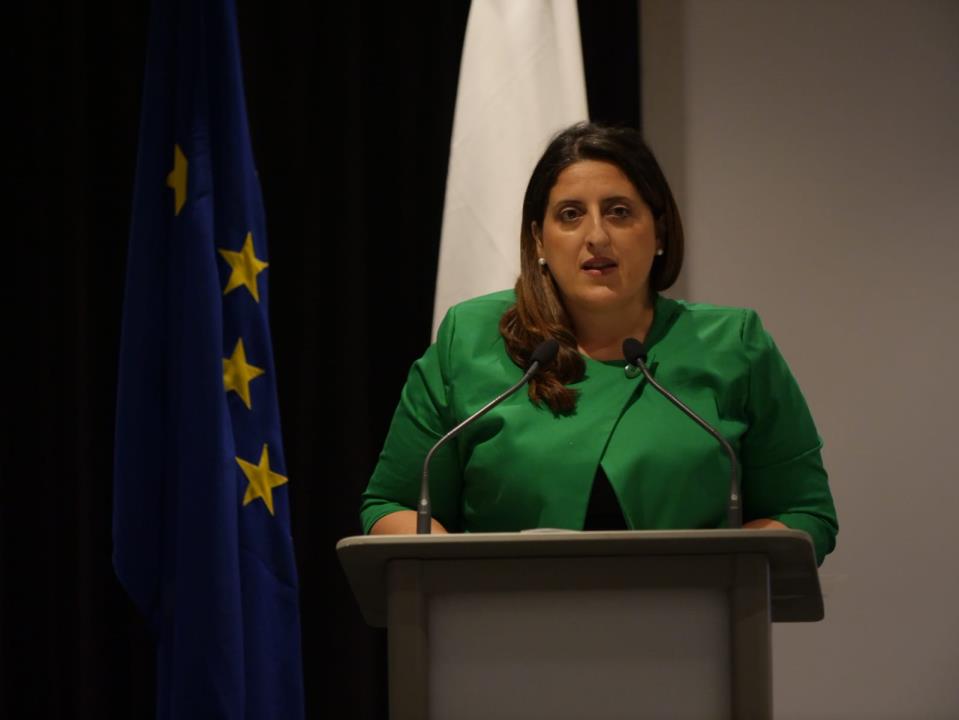
The issues of tele-working was one of the first to be brought up, with Joseph Farrugia from the Malta Employers’ Association, saying that it must be kept in mind that not all companies and businesses can offer this service.
PN MEP candidate and sociologist Michael Briguglio meanwhile shifted the discussion towards looking at childcare as a social right for children rather than simply an incentive for more workers. He said that this latter view of things made children a matter of educational inequality; children in lower class families were not getting the advantages of childcare. He also commented on pensions, calling for a stop to the politicisation of the issue and for a cross-party agreement on the matter.
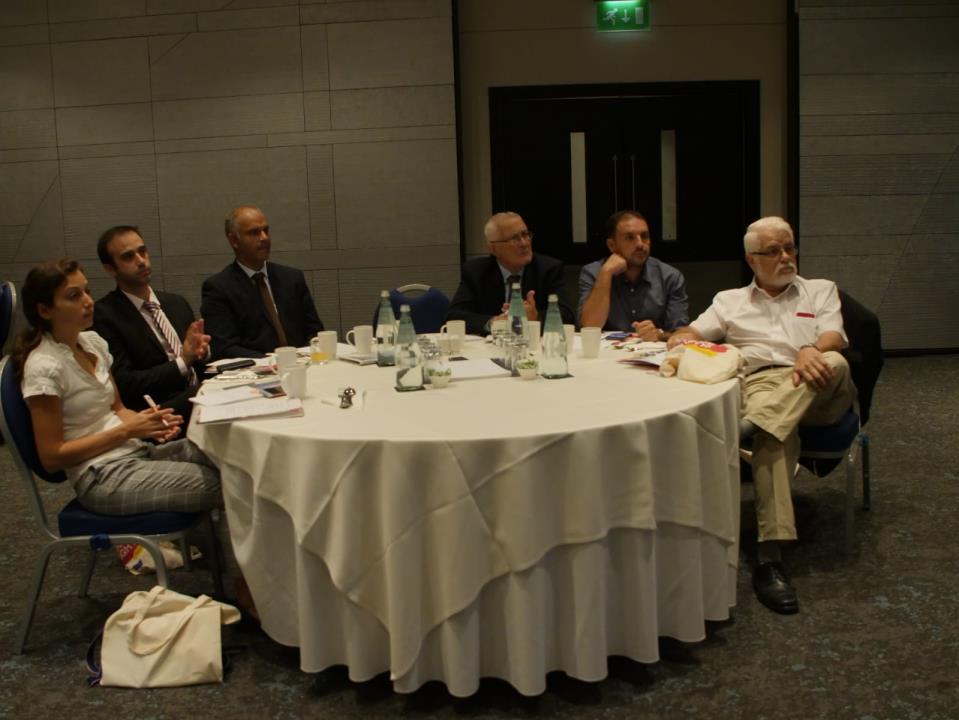
Renee Laiviera, the Commissioner for the Promotion of Equality, brought up another key issue, saying that analysts on this subject fall into the trap of looking only at employment and unemployment figures, and ignoring inactivity figures. She said that there were only 57% of women who were active in the labour market compared to 80% of men. She said that the reason for this was in part found to be a lack of childcare, but even now that childcare systems have been implemented to help working families, more improvements must be made to bring more women into the workforce.
With regards to the work-life balance, Laiviera said that a lot has already been done, and encouraged the private sector to take up more measures in this regard. She said that some 74 companies are already offering family friendly measures over and above what must be legally offered, but called for more companies to follow this example. “Malta’s technology infrastructure is very good, so why are we stuck to the desk at the office?” she questioned.

President of the National Council for Women Mary Gearty meanwhile pointed out that a lot of women were working part time jobs because they had to deal with their children themselves. She said that the country is losing out on the talent of some children because their families cannot afford to take them to extra-curricular activities. These are the children that later on in life will be the early school leavers, she said.
Another interesting point of improvement in terms of childcare was raised by Martin Balzan, a consultant at Mater Dei Hospital, who pointed out that the childcare system did not cater for those parents – such as those in the medical field – who had to work night shifts.
Latching onto this point, it was also mentioned that even in terms of medical appointments, since most of these were held between 8am and 1pm, parents were forced to take leave to take their children for these appointments. In some cases, these appointments are even required weekly and this affects the parents situation on the workplace.
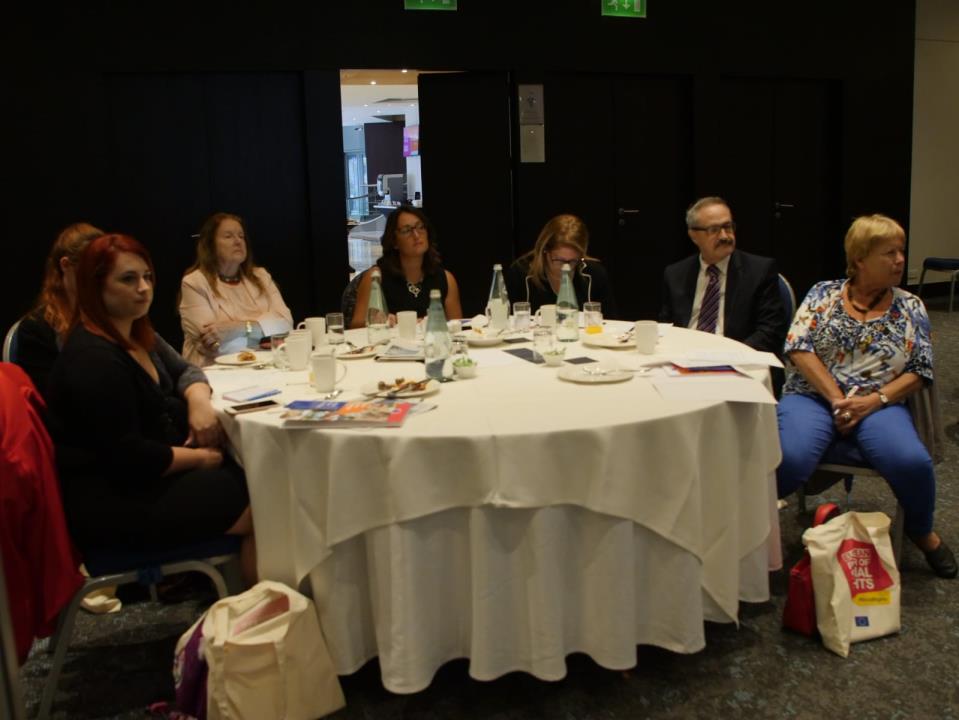
Marthese Mugliette, representing the Down Syndrome Association, said on inclusion that some people with disabilities are not managing to find employment, because a number of companies are not ready or willing to adapt to their needs. She did say however that there are many companies who do “have a heart” and adapt their procedures to the personal needs of these employees. She said however that this acceptance on the workplace isn’t as widespread as it should be.
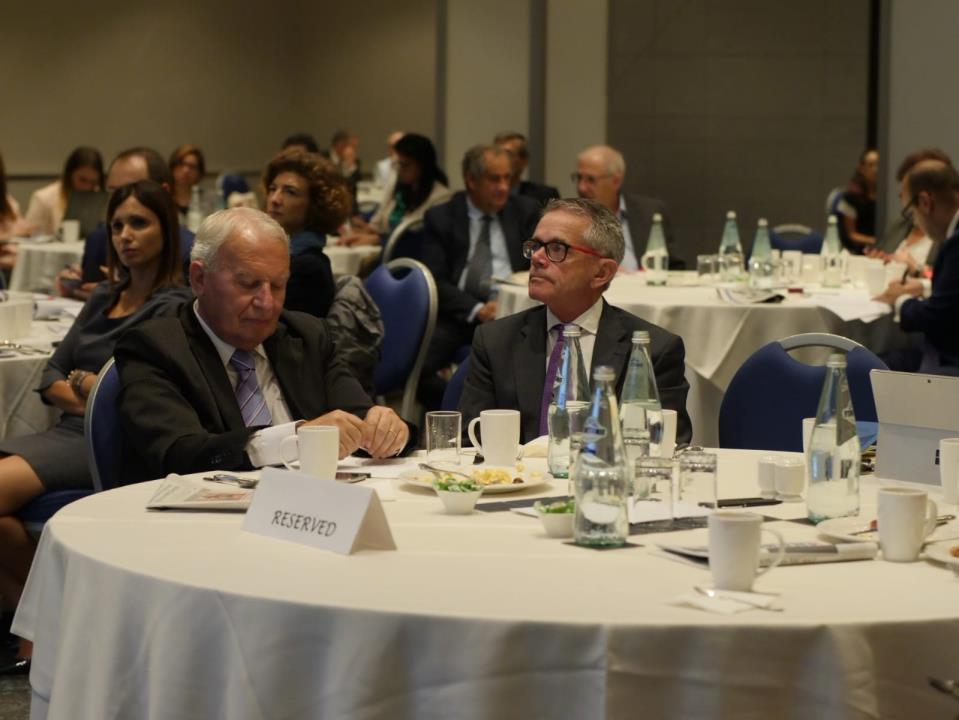
The panellists themselves addressed the matter of early school leavers with special interest, with Cutajar saying that the difference between the culture of home and the culture of school was a large contributing factor to the figure of early school leavers. She praised the recent move to give students projects to do at home and a cumulative mark as opposed to just a one-time examination, saying that it will help to increase qualifications in certain levels.
Gatt pointed out that the government was working on this and that a programme, called My Journey, which they hoped will continue to address this statistic will be issued next year. She also pointed out the investment that was being done by the government in family friendly measures such as childcare, the Breakfast Club, Klabb 3-16, and the maternity trust fund, but also acknowledged that more work was needed in this sector so more families could take advantage of it.

Cutajar, said that there are many examples out there that Malta could work towards, and that there is the necessity to sit down and discuss what is sustainable and suitable for implementation in Malta. She said that if businesses want skilled labour in the future, then it was within their interest to implement more flexible family friendly measures. Concluding, Cutajar called for more impetus in implementing measures that are more family-friendly and to help parents and women especially enter into the workforce.
In his concluding remarks, Olsson praised the openness of the discussion, saying that it was clear that there was a common understanding on what needed to be done. He said that the debate needs to be moved away from the ideological perspective to a more practical one. He said that if governments don’t manage to get everybody into the labour market, be them men, women or even migrants, then the European economy will not be able to compete with powers like China. He concluded that Malta can take inspiration from the pillar to keep implementing these measures.

The European Pillar of Social Rights
The European Pillar of Social Rights was conceived based on two major challenging phenomena; the divergence between member states in the labour market, and the transforming working life.
Olsson explained that the labour market divergence in 2015 in fact had reached worse levels than before the 2008-2009 Financial Crisis, and in fact the situation was so dire that President Jean-Claude Juncker thought it would be the issue that would divide and break Europe. But, we all need to put in a collective effort to restart a convergence in this sector.
Alexia Zammit from The Malta Independent on Vimeo.
The working life of people has also radically transformed in the previous decade, Olsson said, with many more Europeans having tele-worked and taking up part-time jobs. The most substantial transformation however is in the age of the working population – the number of active workers in the labour market that fall into the 55-64 age bracket now stands at 32 million as opposed to 16 million in 2005. By 2025, this number will have risen by another six million, Olsson explained.
The pillar itself contains 20 principles and rights, centering around three major subject areas – Equal opportunities and access to the labour market, fair working conditions, and adequate and sustainable social protection. Some points mentioned within these three include wages, life-long learning, minimum income, social protection and childcare services.
Photos and video by Alenka Falzon